The Pianist comments love is not much to say
July 6, 2000, an ordinary day. Polish pianist Javier Szpilmann died on this day at the age of 88. In addition to his superb playing skills, this famous Polish pianist also has a tortuous life experience. During World War II, he spent six years as a Jew in the Polish capital until the Soviet Union liberated Poland.
After the war, Schippelman used his unusual memory to write a book about his experiences in World War II, entitled “Death of the City.” But the book was banned because of its depiction of the Soviet Union, and was reissued in the United States in the 1990s under the new name The Pianist.

The Pianist had a profound impact after its publication, reaching the top of the best-seller list for a time. As the book’s influence grew, Schippelmann’s story caught the attention of French director Roman Polanski, who based it on a biopic, The Pianist, which was released in 2002.
Roman Polanski was born in France in 1933 and his family moved to his native Poland after the outbreak of World War II. His parents were sent to concentration camps, and his mother died in Auschwitz. Roman Polanski was also a witness and a victim of that war. Some of the scenes in the film were scenes that Roman Polanski had heard about and even seen in person.
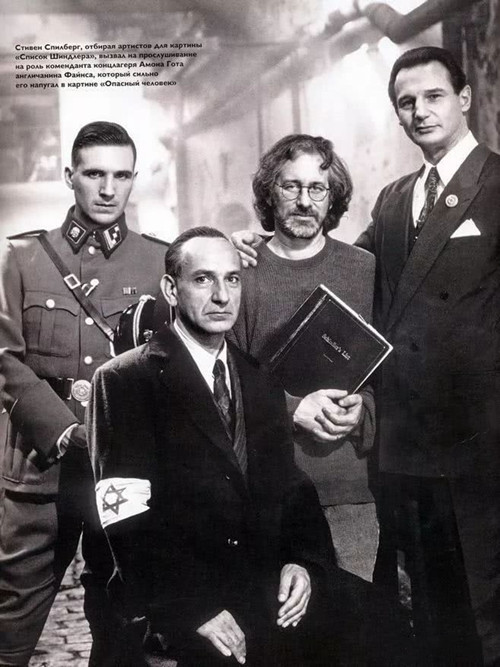
There are many works of art depicting the history of concentration camps during World War II, among which the most representative ones are the movie Schindler’s List directed by Steven Spielberg and the news story There’s No News at Auschwitz written by John Rosenthal. In my opinion, these two works have a deep subjective color.
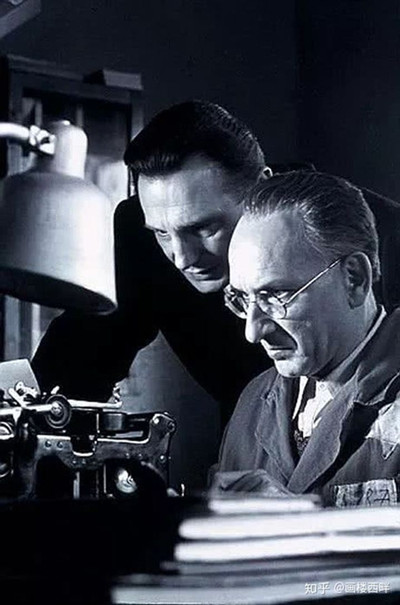
The former, needless to say, is based on a novel, so the film’s focus has always been on the character of “Schindler”. In the film, there are many psychological descriptions of Schindler, and there are also many sensational scenes in the film, such as Jewish workers celebrating Schindler’s birthday. It can be said that when Spielberg is shooting this film, he must be with feelings to shoot, so the movie is also engraved with a deep Spielberg brand.
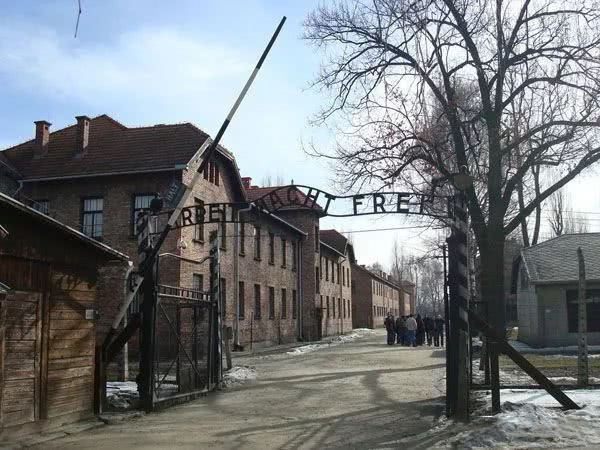
The latter is more characteristic. Generally speaking, news reports should strive to be objective and true and avoid being influenced by the subjective feelings of the authors. However, this report, which won the Pulitzer Prize, broke through the traditional tradition of “objective reporting” and “zero-degree writing”, and more than once appeared the subjective feelings of the author. And that’s why this unusual report has become an immortal story.
This is not to say that it is wrong to describe the history of the Second World War with emotion. Fascist atrocities were so terrible that it is safe to say that any sane person would be outraged by them. This anger is not about nationality or experience, it is the purest human emotion. But the film I’m going to talk about today, The Pianist, is different from the above two works. In this film, what I see is the director’s restraint of emotion.
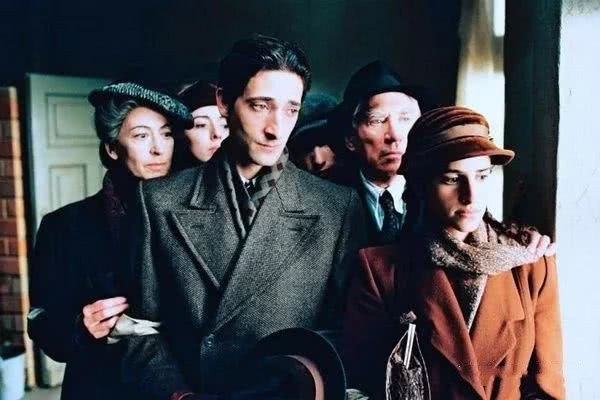
The movie begins right after World War II, when Szpilman, a renowned Polish pianist, works for a radio station in Warsaw. Others in his family also have decent jobs. After the outbreak of war, the Schippelmans weighed in and decided to stay in Warsaw. Who knows, this also became the starting point of their nightmare. After the Nazi occupation of Warsaw, Jews, including the Schippelmans, were first sent to live in an area and then, over time, to work in concentration camps.
Szpilman escaped with the help of a Jewish police chief who had worked for the Nazis and was offered a job in downtown Warsaw. Then, with the help of former friends, he was able to live in Warsaw. When his friends had to leave, Szpilman went into hiding in the city of Warsaw.
One day, he was found hiding in an abandoned building by German officers. But after Schippelmann played a piece of piano, the German officer chose to let him go and take care of him for the rest of the war. After the war, Schippelmann returned to radio work and played Chopin again.
My deepest feeling after watching the whole movie is the words “real” and “cruel”. Because it’s based on Szpilman’s autobiography, there’s less drama in the film and more objectivity, even cruelty.
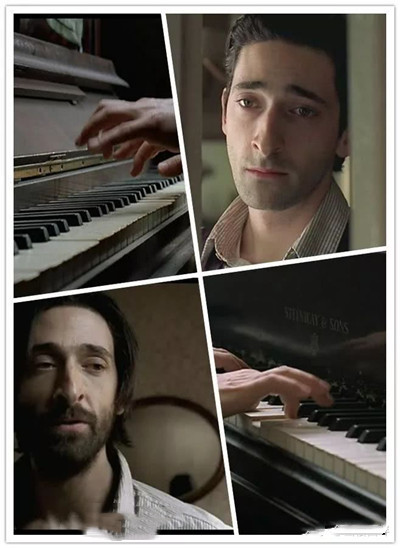
The first is the experience of the family. The Schippelman family, originally a member of the upper class, lost their basic dignity after they were sent to the ghetto by the Nazis. They lived in fear every day and struggled to feed themselves. But after Shipilman’s brother was arrested because of trouble, he was saved by the Nazi running dog Heller, whom they both despised.
Even so, the family eventually escaped the fate of being sent to the notorious Auschwitz concentration camp, all except Schippelmann. The film does not explain their fate, but you have to understand that the camp, which once held millions of people, had only 7,650 survivors when the Soviet Union liberated it, and the fate of his family is also known.
In addition to his family’s story, there is a story that rings true: With the help of a friend, Mr. Szpilman was able to take up residence in an apartment. But because of his Jewish status, he was not allowed to go out without identification. But his neighbors eventually discovered his presence, and their first instinct when they saw him was to demand identification. Upon realizing that he was Jewish, the neighbors did not hesitate to cry out in the hope that the Nazis would seize him.
The plot is more or less a reflection of the fact that even the people of the occupied territories actively cooperated with the Nazis to arrest Jews on the principle that more is less. This is perhaps a merciless mockery of history: the wise people are always a few, many are stupid people.
Of course, there are some tender moments in the movie, such as the scene where the family shares a piece of candy and the German officer saves Schippelmann. At the end of the movie, the German officer was moved by Schippelmann’s piano and offered him a helping hand, which I believe also moved many people. It also deepens the theme of the film. But in fact, this episode was handled by the director.
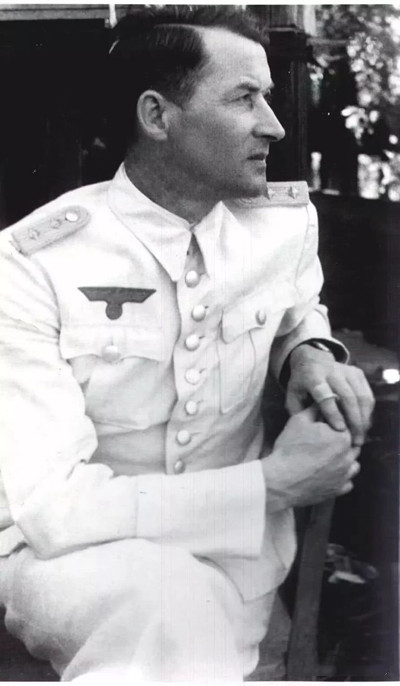
According to Szpilmann’s autobiography, the German officer helped him much more than the movie shows. He remained under the care of the top German commander in Warsaw for a long time, and after the war a number of people claimed to have saved their lives. But Roman Polanski played down the portrayal of the German officer in the movie.
This may be said to be a lack of respect for the book, but in my opinion it also makes the whole film more harmonious. After all, most of the film is an objective description of the cruelty of the war. If too many tender pictures are added at the end, the mainstream emotion of the movie will be diluted, which is not conducive to the expression of the theme.
However, I also think this may be the director’s personal subjective will, after all, unlike the general people, Roman Polanski is after all, personally experienced the war, and suffered a lot of the victims of the party. Presumably he did not want to reduce the sad atmosphere of the film by too much description of German officers.
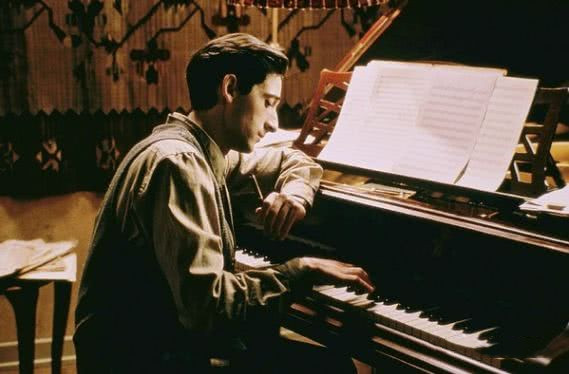
Silence is the strongest, love is not much to say. Most of the plot of The Pianist is spent in silence, and the protagonist has not spoken for a long time. The director’s expression of emotion is also “light”. But it is just such a “silent” expression that makes people feel the greatness of human nature and the cruelty of war. This, in my opinion, is also the greatest charm of The Pianist.
